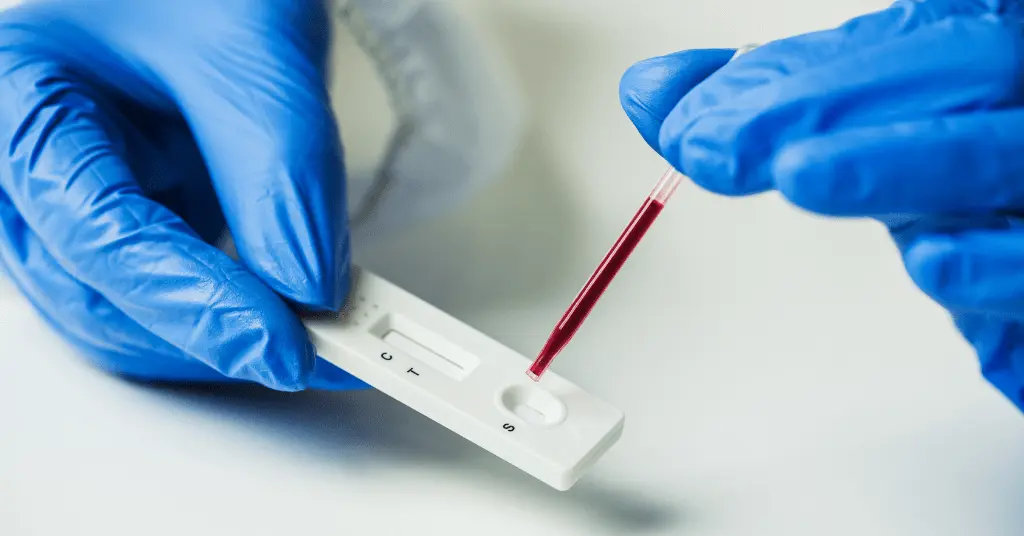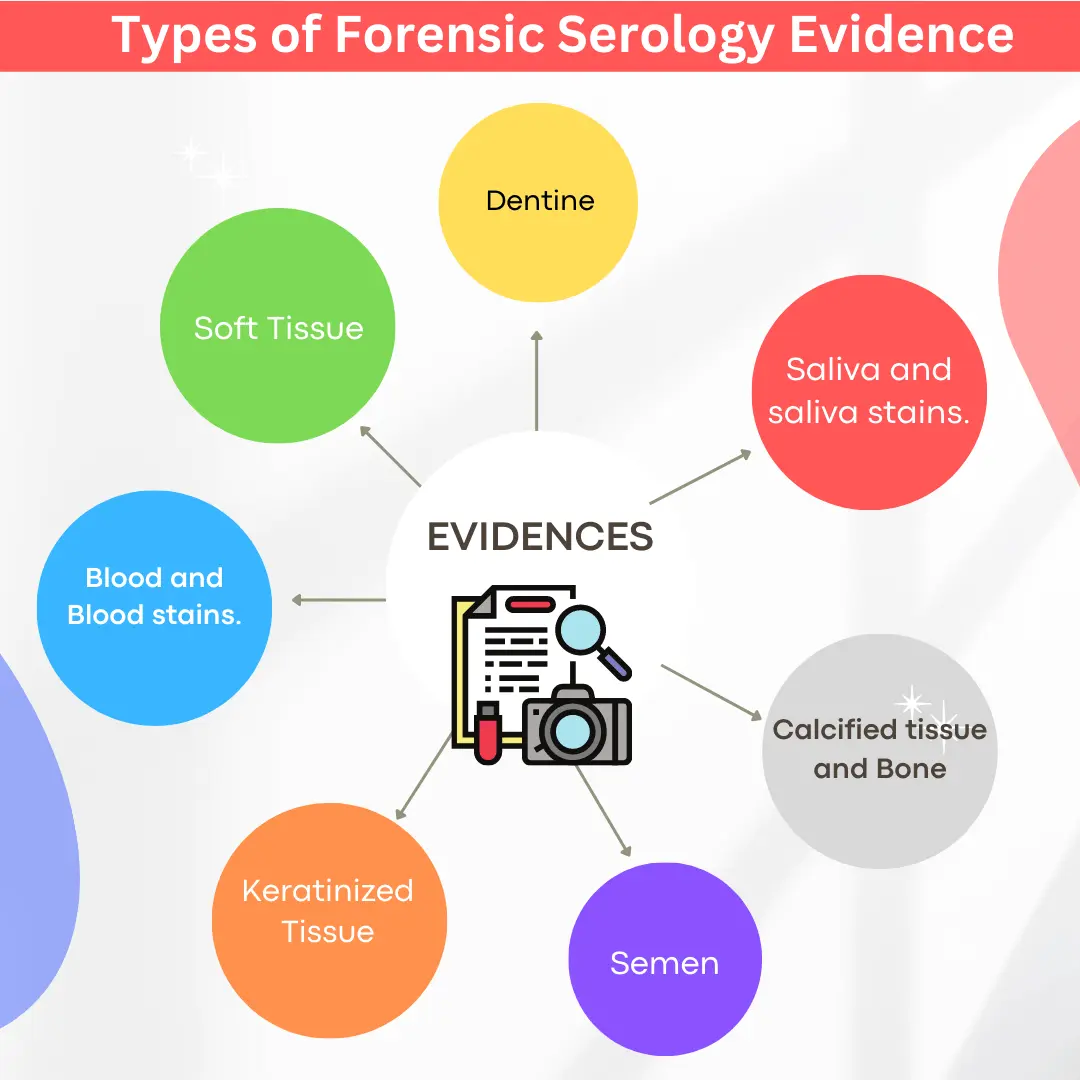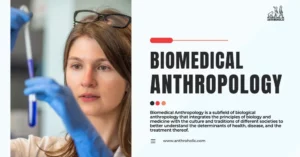AI Answer Evaluation Platform Live Now. Try Free Answer Evaluation Now
Forensic Serology
Forensic serology is a branch of forensic science that helps us in investigation and solving criminal cases. Forensic serology is the application of knowledge of scientific study of blood serum and other body fluids in the court of law for the administration of justice. Forensic serology is sometimes even considered as a sub branch of forensic biology.

In some of the forensic science textbooks we can study both the branches of forensic serology and forensic biology as a single branch and so some forensic labs also consider both the branches to be in one division and therefore name it as a forensic biology and serology division.
Forensic serology mainly deals with identification and characterization of body fluids like blood serum, semen, saliva , milk, sweat etc and also defining it as a human or non human sample.
The first Forensic Serology lab in India was opened at Calcutta in 1910. As in the world is considered no such specific place or name is mentioned.
Serological Evidence
“No crime can be committed without leaving a clue”
Edmund Locard
As Edmund Locard said “No crime can be committed without leaving a clue”. Therefore it is the duty of the Investigative officer to be vigilant at the crime scene and collect the required and important piece of evidence. The nature of serological evidence is highly fragile and needs to be handled carefully both at the crime scene and at the lab during its examination. Also proper chain of custody should be maintained.

The decision must be made whether to work on the evidence immediately or to store the evidence until it is possible to do the examinations. If it is not possible to work on the evidence right away, it may be necessary to preserve certain items of perishable evidence and always a sample of unstained controls for later examination. Knowing the status of cases already submitted to the laboratory, the forensic serologist may place priority on the case to be stored. Anticipating the delay before analysis, the analyst must decide which perishable items to preserve and how preservation can be accomplished.
The proper safety and personal safety measures of wearing gloves, lab coat, face mask, hair mask etc should be followed along with washing and sanitising of hands pre and post examination procedure.
Forensic serology mainly deals with similar evidence as in forensic biology like Blood or blood stains, Semen, soft tissue, calcified tissue, keratinised tissue (hair / nail), bone, dentine, saliva or saliva stains.
Cases taken under Forensic Serology
- Species of origin (human or animal)
- Blood grouping (ABO , MN, Rh etc)
- Reverse grouping of Blood stains (in cases of mixed blood)
- Typing of isoenzyme and polymorphic proteins.
- Parentage testing
Famous tests performed under Forensic Serology
Whenever we talk about forensic serology these tests come hand in hand.
- Precipitin tube method and double diffusion method for the examination of the species of origin of body fluid recovered. Anti serum of different animals and humans is used.
- Agglutination or forward typing for Blood typing.
- Lattes crust method or reverse typing for blood grouping.
- Absorption elution method for blood grouping.
- Mixed agglutination method.
- Absorption inhibition method
- Genetic marker test
- Electrophoresis
- Gel Diffusion method
Secretors and Non-Secretors
The concept of secretors and non secretors is very important to be aware of when we are studying forensic serology.
Secretors are those individuals or animals who secrete blood antigen into their other body fluids and tissue such as saliva, sweat or mucus more than the other individuals in terms of quantity along with blood. 80% of the population are secretors. The phenomenon of secretors helps the forensic serologist to identify the blood group of individuals even in the cases where blood is not available. They are also considered to have a better immune system.
Non – secretors are individuals or animals who either not at all secrete or excrete very little quantity of their blood antigen in other body fluids and tissue.
Ergo, forensic serology works along with other divisions of forensic science such as forensic biology , forensic DNA profiling , crime scene reconstruction , forensic photography etc to aid in the legal arena for the administration of justice. Technological advancement is widening the scope of forensic serology and we hope to see more revolutionary changes in the field of forensic serology that will help us to examine evidence at faster speed and dispose off the pending cases.




